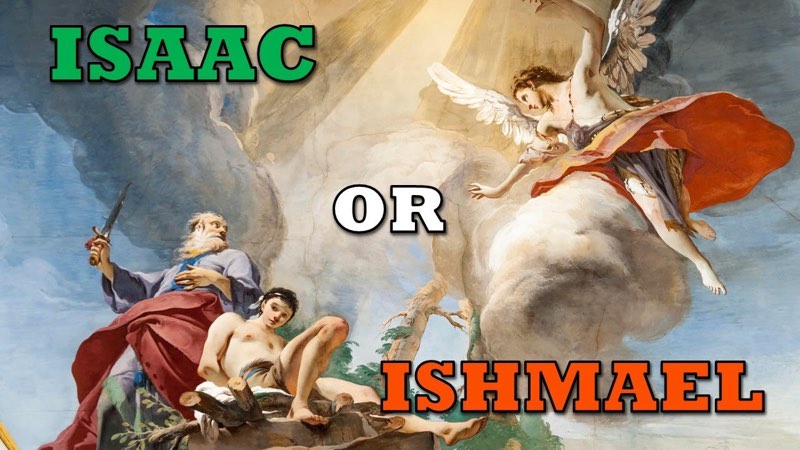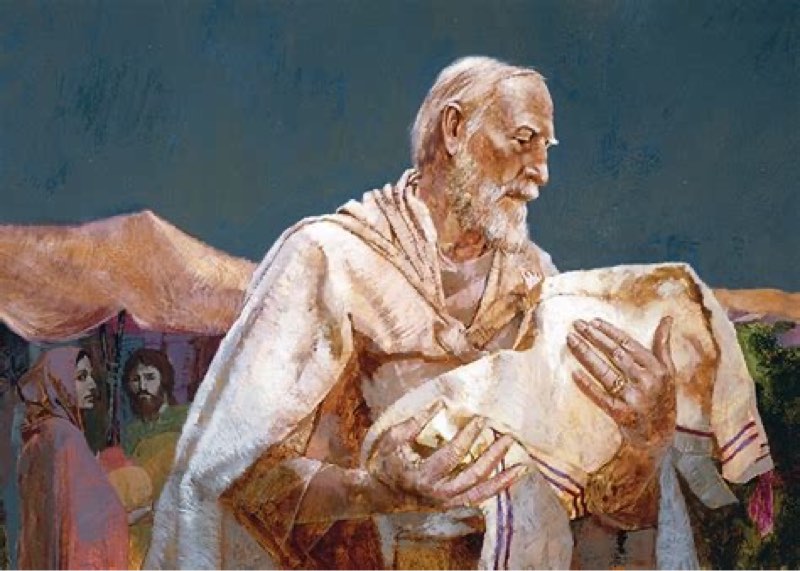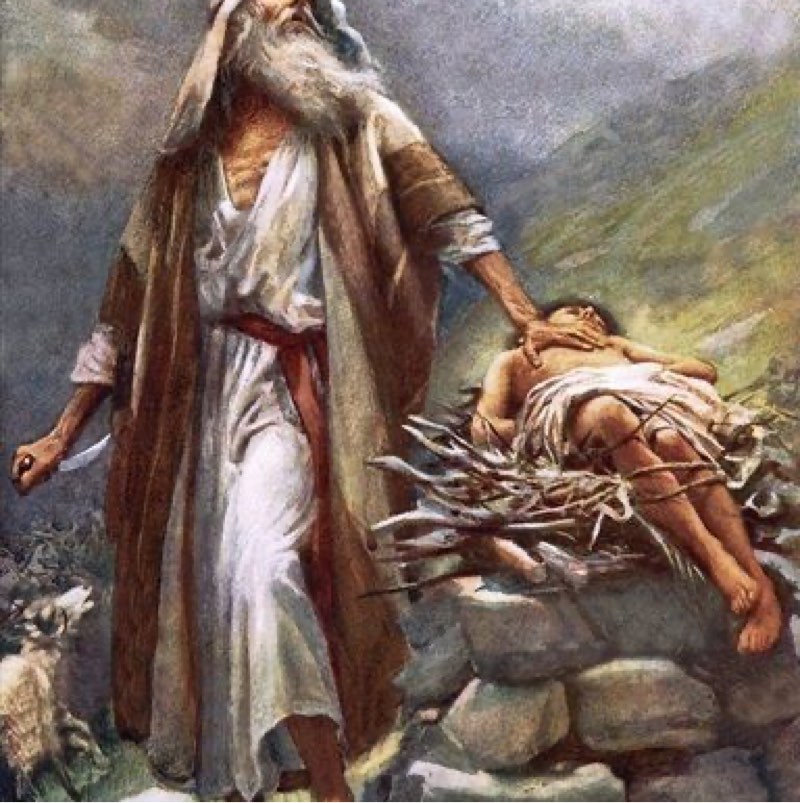Abraham's sacrifice is seen as a precursor to the prophethood of Muhammad
There are some scholars who believe the prophethood of Muhammad is related to Abraham's near sacrifice of Ishmael. Therefore, Muslims commemorate Eid ul-Adha or the Feast of Sacrifice. How is this argument articulated?
The argument that the prophethood of Muhammad is related to Abraham's near sacrifice of Ishmael is based on the Islamic tradition that Abraham was commanded by God to sacrifice his son Ishmael, not Isaac as mentioned in the Bible.
This event is seen as a test of Abraham's faith and obedience to God, and Ishmael's willingness to be sacrificed is seen as a demonstration of his own faith and submission to God's will.
In Islamic theology, this event is considered a precursor to the prophethood of Muhammad, who is seen as a descendant of Ishmael. The story of Abraham's sacrifice is commemorated by Muslims during the Eid al-Adha, or the Feast of Sacrifice, which is one of the most important Islamic holidays.
The argument is articulated as follows:
1. Abraham was commanded by God to sacrifice his son Ishmael, as mentioned in the Quran (Surah 37, verses 100 to 108).
2. Ishmael was willing to be sacrificed, demonstrating his faith and submission to God's will.
3. This event is seen as a test of Abraham's faith and obedience to God.
4. The prophethood of Muhammad is related to this event, as he is a descendant of Ishmael.
5. The story of Abraham's sacrifice is commemorated by Muslims during the Eid al-Adha, which is a celebration of Abraham's faith and obedience to God.
Therefore, the prophethood of Muhammad is seen as a continuation of the legacy of Abraham and Ishmael, and the story of Abraham's sacrifice is seen as a precursor to the prophethood of Muhammad.
What is Eid al-Adha?
Eid al-Adha, also known as the "Festival of Sacrifice," is one of the most significant Islamic holidays. It commemorates the willingness of Prophet Ibrahim (Abraham) to sacrifice his son Isma'il (Ishmael) as an act of obedience to God. According to Islamic tradition, just as Ibrahim was about to sacrifice his son, God provided a lamb to sacrifice instead.
The holiday is marked by various rituals and traditions, including:
1. Prayer: Special prayers are held in congregation, usually at a mosque or an open field.
2. Sacrifice: Families who can afford it will sacrifice an animal, typically a sheep, goat, cow, or camel. The meat is then distributed among family, friends, and those in need.
3. Charity: Emphasizing the importance of helping others, Muslims give to charity and ensure that everyone can partake in the celebration.
4. Gatherings and Feasts: Families and communities come together to share meals, celebrate, and enjoy each other's company.
Eid al-Adha is celebrated on the 10th day of Dhu al-Hijjah, the last month of the Islamic lunar calendar, and it coincides with the pilgrimage to Mecca known as Hajj. Muslims who are performing Hajj experience this holiday in a particularly special way.




